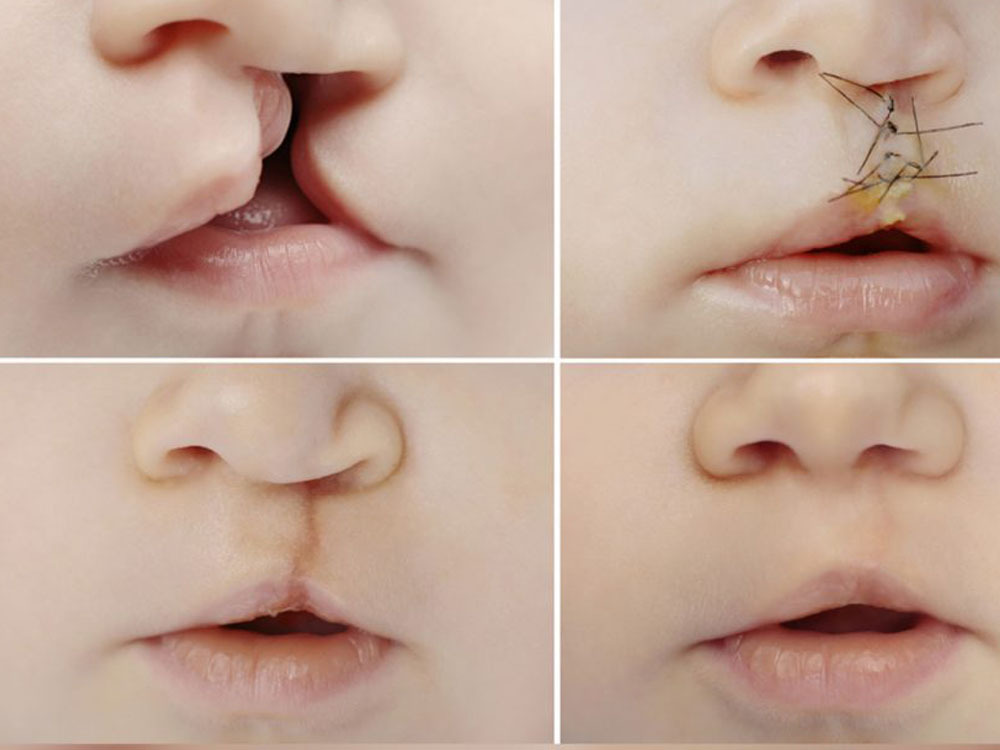Surgeries for congenital anomalies play a crucial role in addressing structural abnormalities that arise during fetal development. Congenital anomalies, often present at birth, can affect various organs and systems, including the heart, gastrointestinal tract, limbs, and central nervous system. Surgical intervention is often necessary to correct these anomalies and improve the affected individual's quality of life.
Surgeons specializing in pediatric surgery, cardiothoracic surgery, plastic surgery, and other disciplines collaborate to develop comprehensive treatment plans tailored to each patient's specific needs. One common type of surgery for congenital anomalies involves correcting structural defects in the heart, known as congenital heart defects (CHDs). These defects can range from simple to complex and may involve abnormalities in the heart's chambers, valves, or major blood vessels. Pediatric cardiothoracic surgeons utilize advanced surgical techniques, such as open-heart surgery and minimally invasive procedures, to repair CHDs and optimize heart function. With early diagnosis and timely intervention, many children with congenital heart defects can lead healthy and fulfilling lives following surgical treatment.

